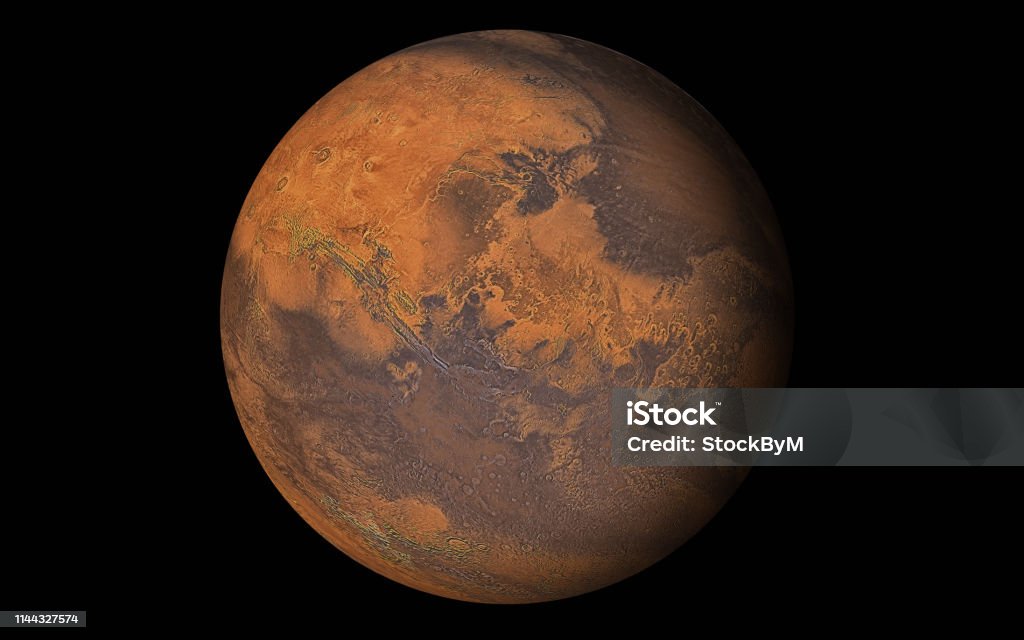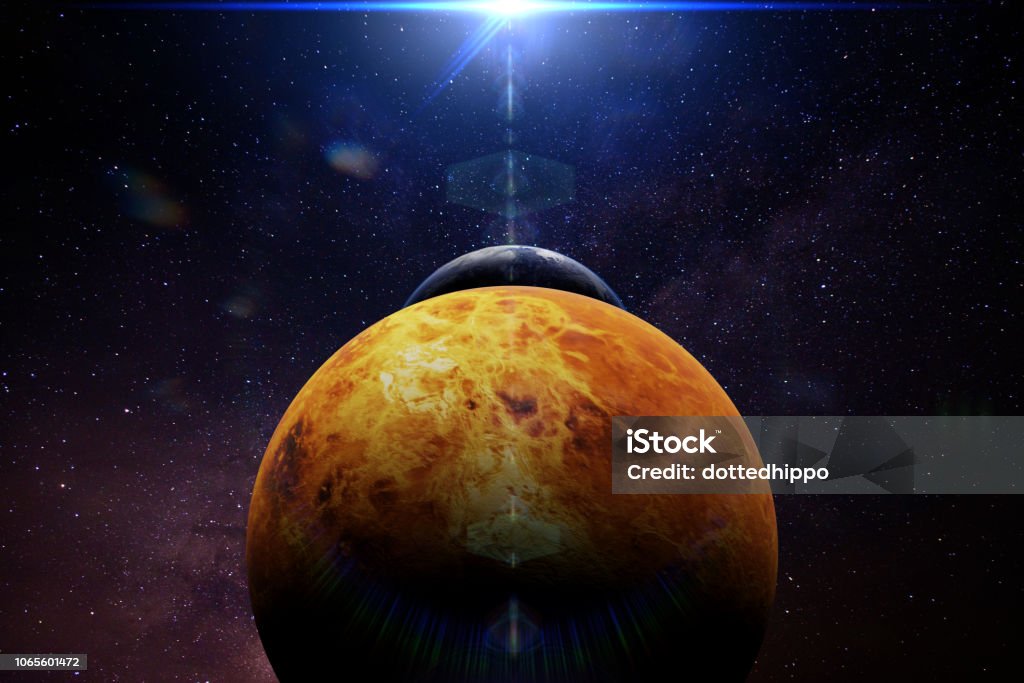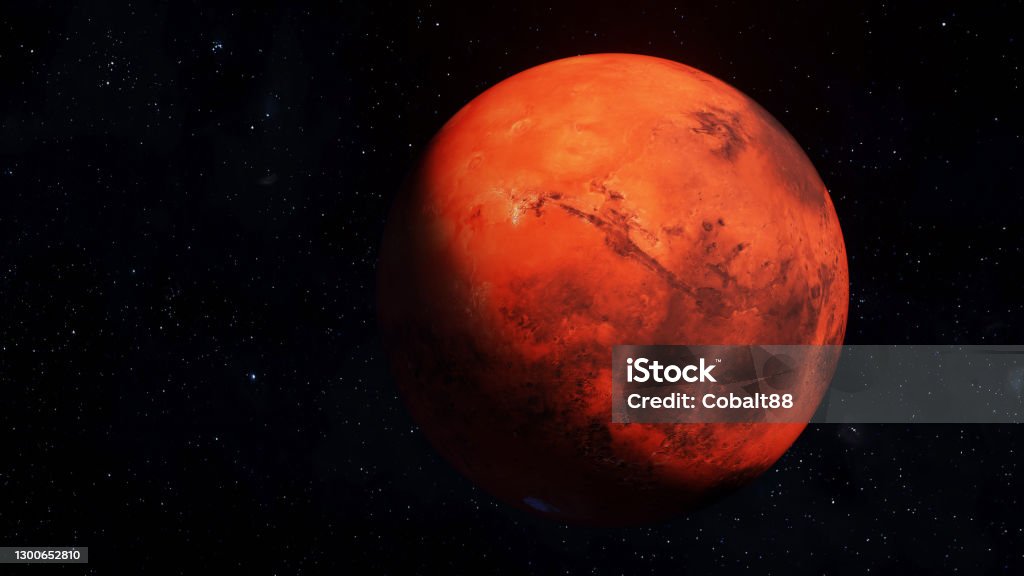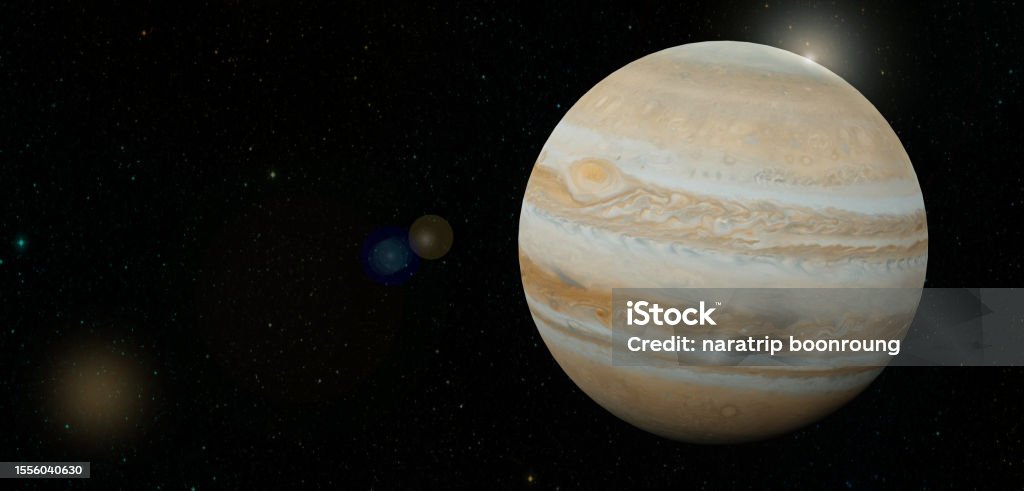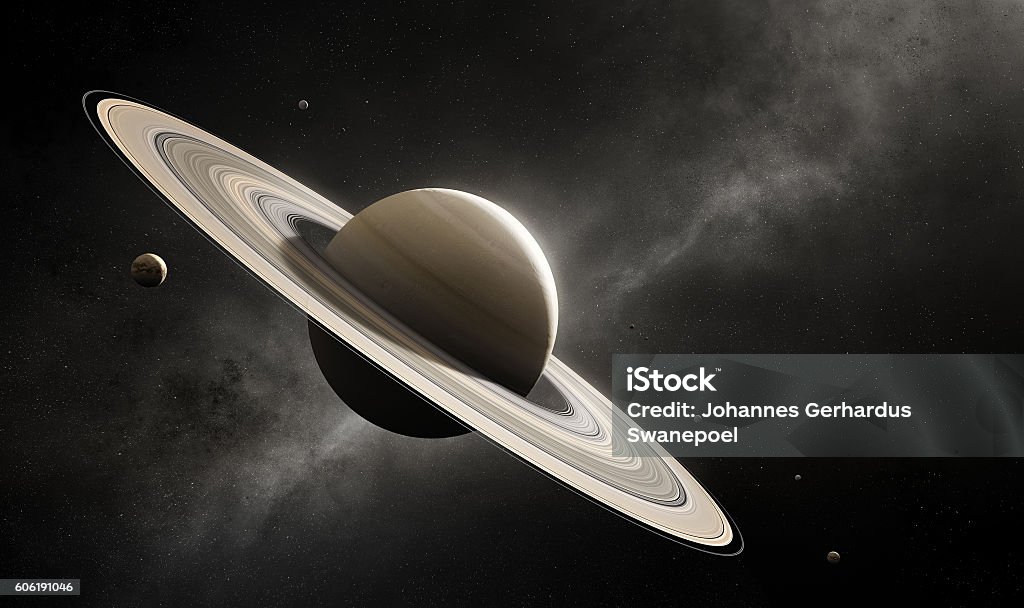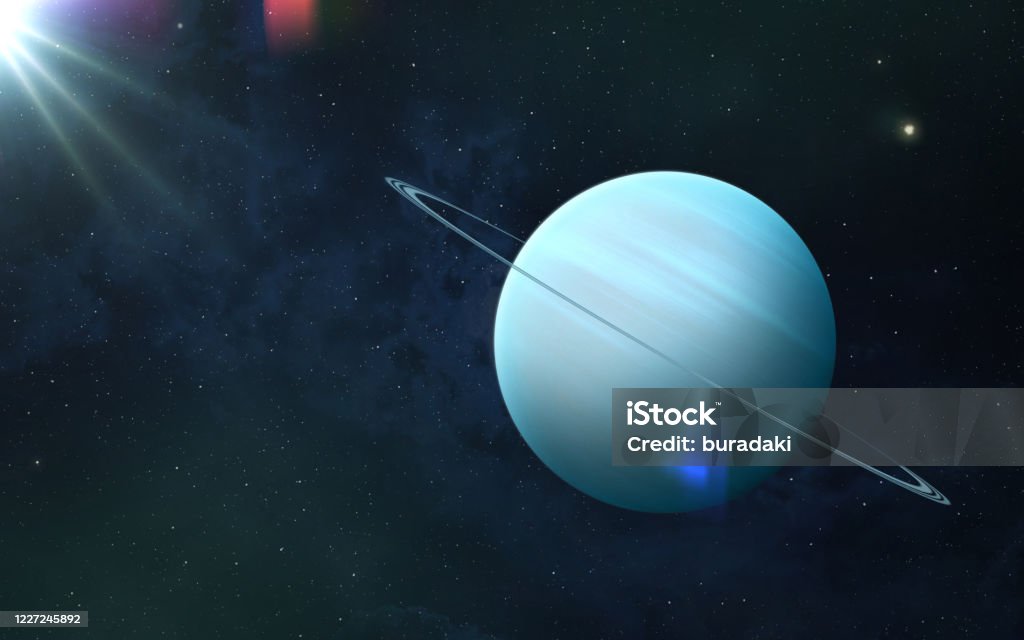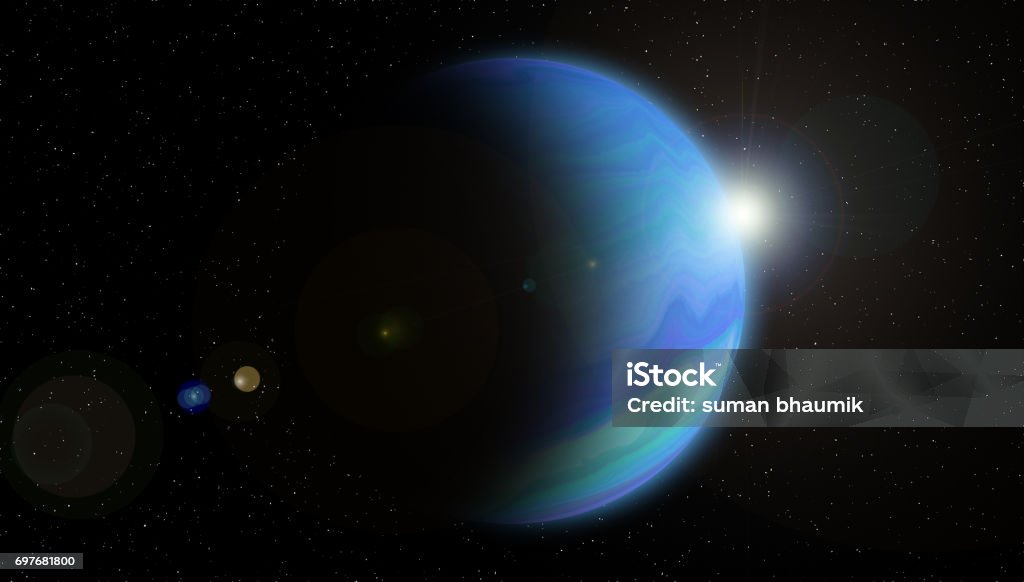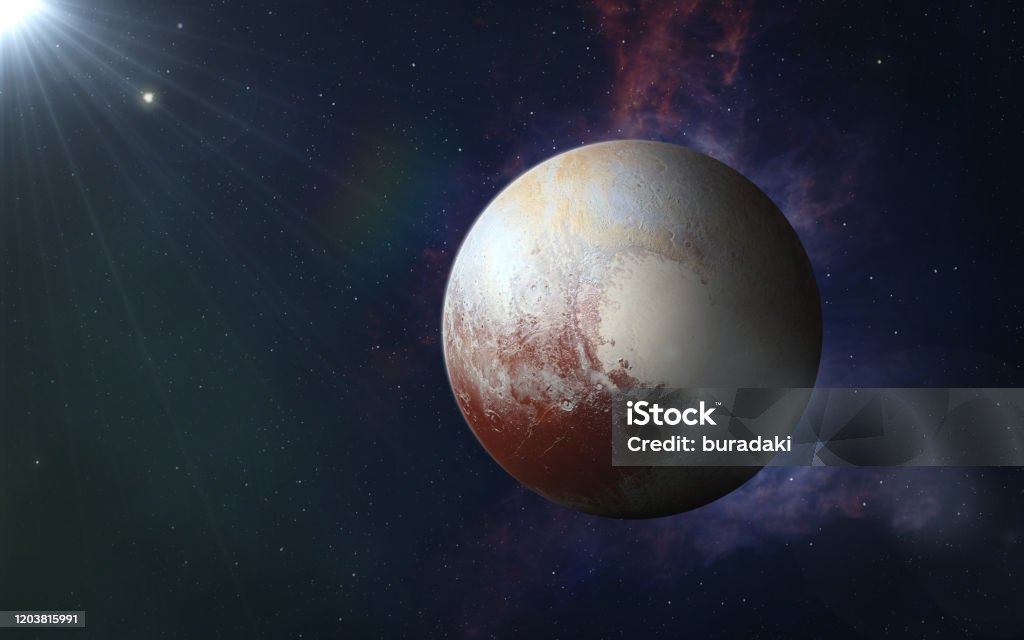
Get out of everyday life for a cosmic journey through the planets of our solar system!
Some like their holidays active, others like things slow. There is no shame in going on holiday, kicking back and doing absolutely nothing, yet so often in reality it doesn't quite work out like that. Arrive in a new destination, and most of us will instantly want to head out and explore every nook and cranny. We just can't help ourselves.
We have come up with a few locations that will help you a hand in resolving this conondrum. These destinations feature some of the most spectacular scenery seen anywhere in the world, but there is not much to do other than gawk at it in awe, and kick back...
Off the beaten track
That's our whirlwind tour of the planets, complete with cosmic comedy and sarcastic commentary. Remember, in the vastness of space, laughter might just be the best way to stay grounded!
For even more inspiration, just use our Destination Search.
Welcome aboard the Interstellar Express! Today, we're embarking on a cosmic adventure to our neighboring galaxies, where stars twinkle like disco balls and black holes are the tourist hotspots.
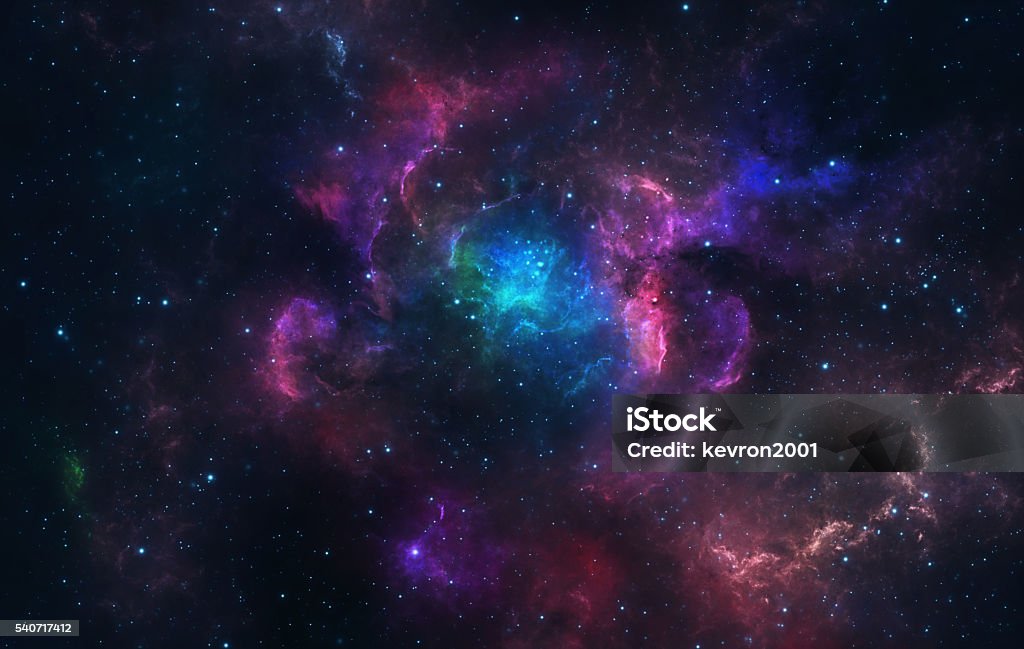
Andromeda
The closest galaxy to the Milky Way, about 2.5 million light-years away. It is also one of the largest and brightest galaxies in the Local Group.

Triangulum Galaxy
It is a spiral galaxy similar to the Milky Way, located about 3 million light-years away. It is one of the most distant galaxies visible to the naked eye in a dark sky.
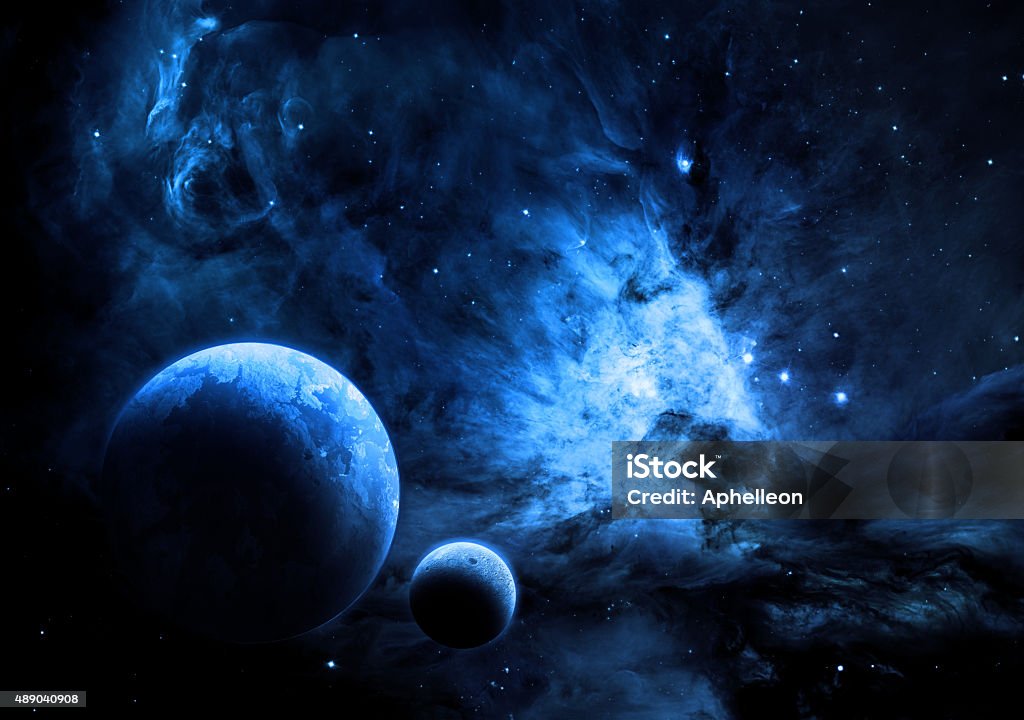
Magellanic Clouds
These are two small irregular galaxies that are satellites of the Milky Way: the Large Magellanic Cloud and the Small Magellanic Cloud. They are visible from the southern hemisphere and are among the closest galaxies to the Milky Way, situated about 160,000 light-years away.

NGC 6822 Galaxy
Also known as Barnard's Galaxy, it is an irregular dwarf galaxy that is part of the Local Group, located about 1.6 million light-years away.

Sagittarius Galaxy
This is a dwarf spheroidal galaxy orbiting the Milky Way, situated about 70,000 light-years away.
